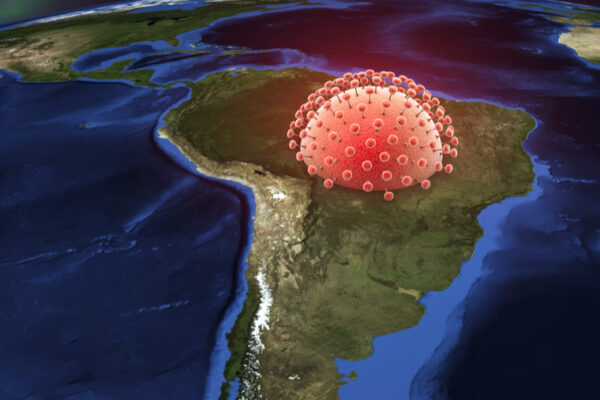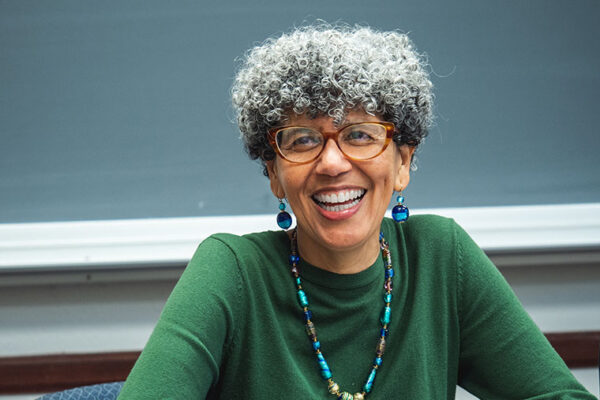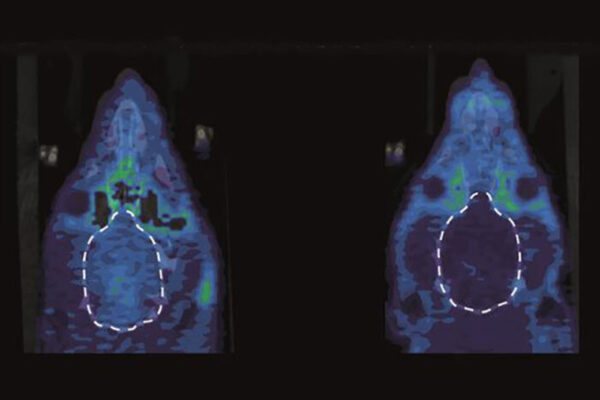WashU Expert: Trump Administration ‘war’ against The Hague not over
The Trump Administration announced the U.S. will deny or revoke visas for International Criminal Court staff, a move aimed at deterring a potential investigation by the court into alleged war crimes and crimes against humanity committed by U.S. troops in Afghanistan. The decision represents a rejection of the international rule of law, said Leila Sadat, director of the Whitney R. Harris World Law Institute.
Are there Zika reservoirs in the Americas?
A researcher at Washington University in St. Louis travels the Americas, collecting feces from nonhuman primates to determine the risk of Zika reservoirs.
Cooking for civil rights
“Few chefs of African descent work at the pinnacle of our national haute cuisine today, yet their contributions to American kitchens and dining rooms have been definitive.” So argues Rafia Zafar, professor of English and of African-American studies, both in Arts & Sciences, in her new book “Recipes for Respect: African American Meals and Meaning.”
Dance, experience and healing
Choreographers Harrison Parker and Rachael Servello will present a pair of new works March 23 in Edison Theatre as part of “Reel2Real,” the 2019 MFA Student Dance Concert.
St. Louis-area universities collaborate to bolster cybersecurity
The consortium will address the region’s need for qualified cybersecurity professionals in this fast-growing field and address the growing global threat of cybercrime, which is expected to cost the world $6 trillion a year by 2021.
Sam Fox School to partner with The MFA Fair
Art schools are places of innovation and expression, of studio skills and critical analysis. But for many young artists, the transition to professional practice can be fraught. How do you start building a career? Opportunities for students like The MFA Fair this November help.
Engineering treatments for the opioid epidemic
A biomedical engineer at Washington University in St. Louis is developing a therapeutic option that would prevent opiates from crossing the blood-brain barrier, preventing the high abusers seek.
Mobile phone technology to screen, help treat college students
With a growing demand for mental health services at colleges, a research team led by the School of Medicine has received a $3.8 million grant to test a mental health phone app to treat depression, anxiety and eating disorders in a study involving some 8,000 students at 20 colleges, universities and community colleges.
Delivering mental health care to the refugees of Rohingya
The School of Medicine’s Rupa Patel, MD, and Anne Glowinski, MD, are working with a Bangladeshi organization to help deliver mental health care to Rohingya refugees from Myanmar. Patel also is gathering forensic evidence of violence the Rohingya suffered.
Blunting pain’s emotional component
Pain researchers at the School of Medicine have shown in rodents that they can block receptors on brain cells that are responsible for the negative emotions associated with pain, such as sadness, depression and lethargy. The findings could lead to new, less addictive approaches to pain treatment.
View More Stories









